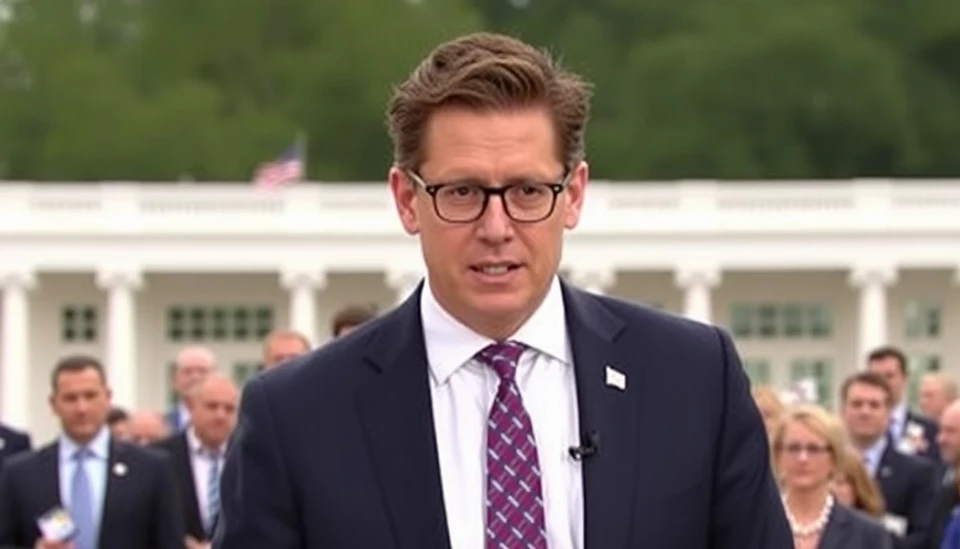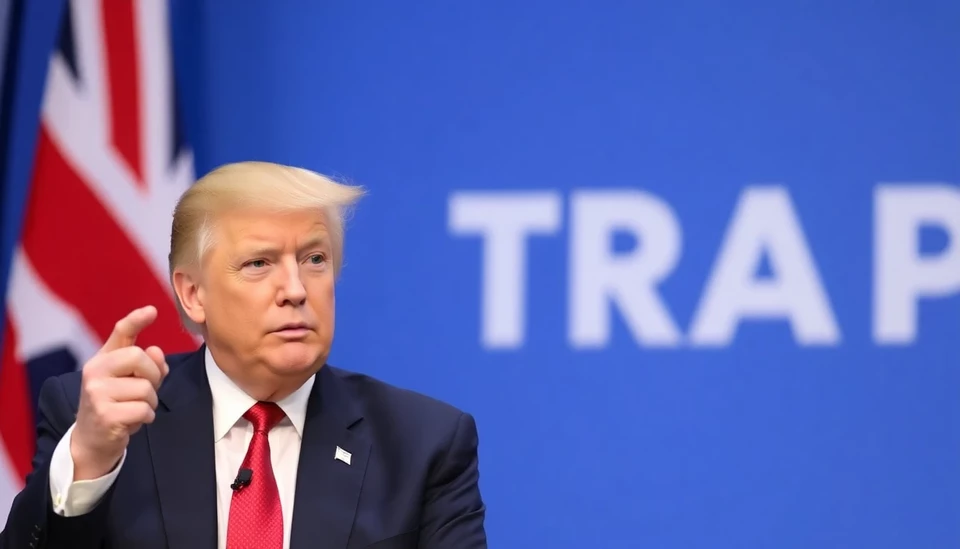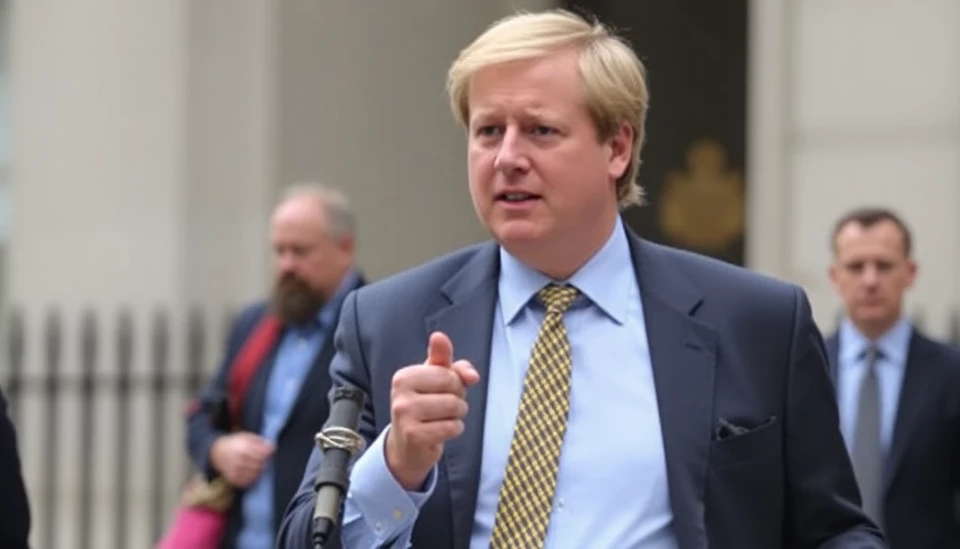
As the global political climate continues to evolve under the shadow of Donald Trump's presidency, Keir Starmer, the leader of the UK Labour Party, is strategically recalibrating his approach in light of these shifts. Recent developments have compelled Starmer to adapt his political strategies, demonstrating a cautious yet determined path forward as he aims to unite a fragmented party while responding to an increasingly polarized electorate.
Starmer's reassessment of Labour's position stems from the profound changes initiated by Trump's political style and policies. His administration's focus on populism has resonated in various political arenas around the globe, not just in the United States but also across Europe and beyond. Many political leaders, including Starmer, have taken note of the implications this era has on traditional party politics.
In the quest to rejuvenate Labour's image and appeal to a broader demographic, Starmer is placing emphasis on pragmatism and inclusivity. He understands that the challenges today are unique, reminiscent of past political upheavals but distinct in their execution and impact. As he strives to articulate a clear vision for the future, he leans heavily on history to frame current events while taking care not to alienate any factions within his party.
Starmer's cautious approach includes navigating the delicate balance between progressive policies and the desires of more centrist constituents. This balancing act aims to cultivate unity within the party and positions Labour as a serious contender against the Conservative Party. Moreover, Starmer's strategy revolves around addressing pressing issues such as the cost of living crisis, climate change, and social justice, which resonate with voters in contemporary society.
The internal dynamics of Labour pose another challenge, as different sectors of the party express varying priorities. Starmer’s leadership has faced scrutiny, yet he remains committed to ensuring that all voices within Labour are heard while reinforcing a cohesive agenda. This endeavor reflects attempts to bring together both the traditional left faction and the moderates, a mix that could define Labour's electoral success moving forward.
With elections on the horizon, Starmer is keenly aware that the stakes have never been higher. The need for a strong, coherent response to the socio-economic challenges faced by voters is imperative. This necessitates a strategy that not only appeals to the party's base but also reaches out to undecided voters who may be swayed by the populist rhetoric that has become prevalent in contemporary politics.
In conclusion, as Trump’s legacy continues to shape the political atmosphere, Starmer’s measured response is emblematic of a leader who is attempting to navigate unchartered waters. By focusing on unity, pragmatic policy-making, and the necessity of addressing contemporary issues, Keir Starmer is positioning himself and the Labour Party for potential success in an unpredictable political landscape.
#KeirStarmer #LabourParty #TrumpInfluence #PoliticalStrategy #UKPolitics #Elections2024 #Populism #PoliticalUnity
Author: Rachel Greene




